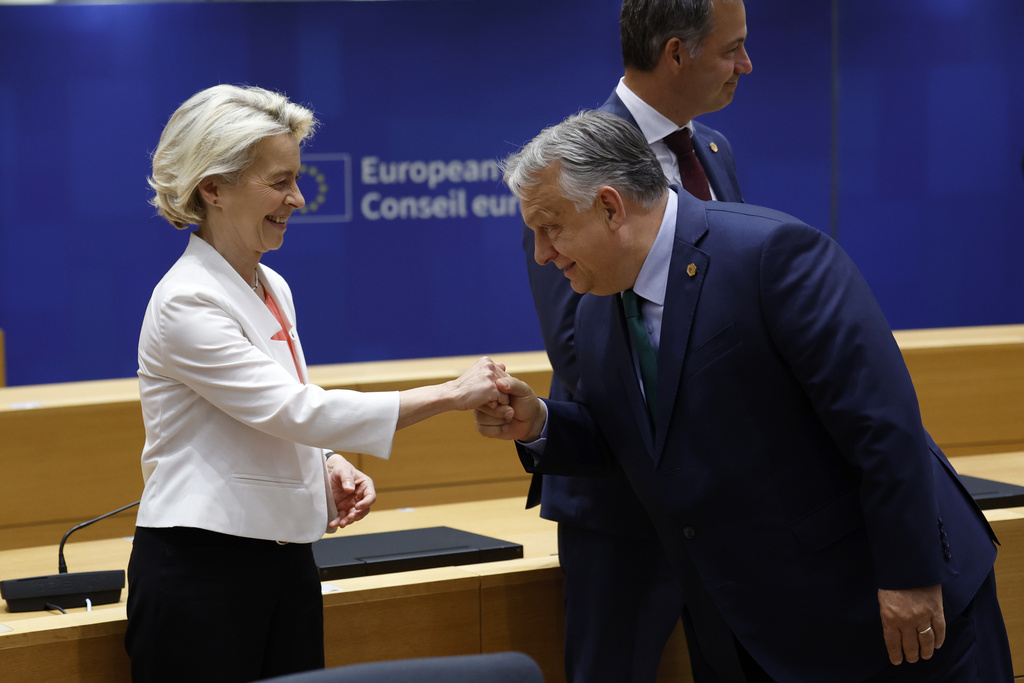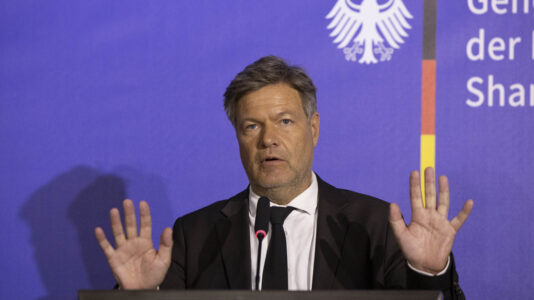There is a new word for Hungary’s potential break with the European Union: “Huncut,” writes.Magyar Hírlap columnist László Bogár.
A recent Hungarian journalistic invention, “Huncut” is both a combination of Hungary and cut, as well as a Hungarian word meaning mischievous.
The prospect of leaving the European Union is not a new one, as over the past decade and a half, Hungary’s relationship with integration has been plagued by increasingly serious conflicts, sometimes provoking huge passions both in Brussels and back home.
The question is therefore not taboo, but as with any decision of strategic importance, such a move should be preceded by calm analysis, if possible. What follows is an attempt to summarize the careful thought that should be given to ensure that such a decision is the right one in hindsight.
First of all, it should be noted that the geopolitical determinants of our country would not change significantly with a possible exit, as the same global and regional power determinants would prevail, so the only question we can examine is whether we would be able to manage the impact of these same determinants more effectively after the exit than if we were to remain a member.
The future of the world, including Europe and Hungary, will be fundamentally determined by the consequences of the end of the century of the American global empire and, presumably, the decline of half a millennium of global domination by the West. The fate of the European Union, and indeed of Europe as a whole, will be fundamentally determined by this, and it is in this coordinate system that our possible exit should be carefully considered in order to make the right decision.
It is becoming increasingly likely that the global conflict between the American empire and China, and hopefully some kind of peaceful agreement, will determine the future of both our continent and our country.
The worst-case scenario is a protracted decade-long world war, with America and China on the main frontline, but also with a decisive impact on the fate of Europe and Russia and their relations with each other.
We must also be prepared for the possibility that this world war could be accompanied by an unprecedented decline of Europe as a whole. It could also result in a protracted European war that could perpetuate clashes of distributional conflicts arising from the decline and/or cultural clashes that have been suppressed to date, with consequences of a tectonic depth that could only be compared to the horrors of the two world wars.
It is in the vital interest of the American empire that the western “periphery” of Eurasia descends into a self-destructive war until the fate of the U.S.-China confrontation is decided. The persistent weakening of Germany and the persistent deterioration of its relations with Russia will make Europe’s power structure highly unstable from the outset. For Germany’s eastern and western neighbors and rivals, France and Poland, this means a strengthening of their own power role, and the consequent over-emphasis on ambition, especially in the case of Poland, will increase the likelihood of a protracted European war.
It is a historic “gift” for the American empire if these two “strongmen” of Europe — France and Poland — continue their war against Russia “for free” while the U.S. is fighting China. A new Polish-dominated “cordon sanitaire” from the Baltic to the Balkans could perpetuate a permanent war with Russia. Before deciding on a possible Huncut, it is worth thinking about Hungary’s geopolitical role in these struggles and how it can best manage any potential fallout.






